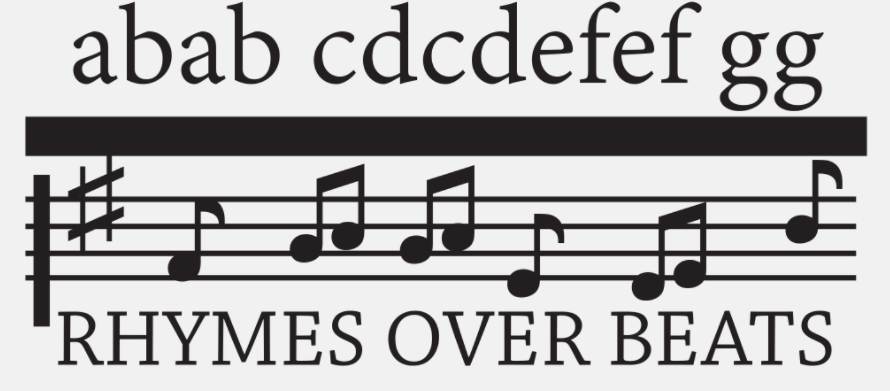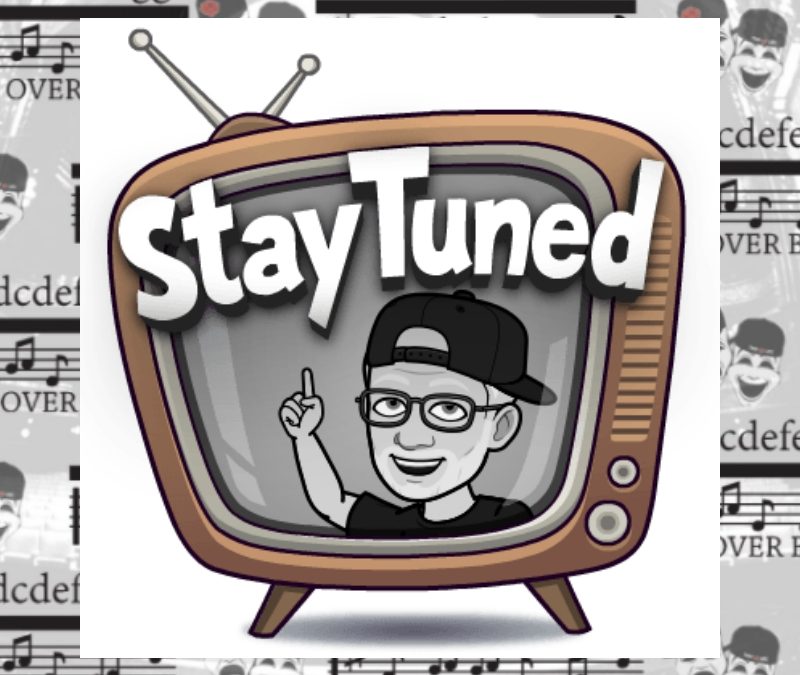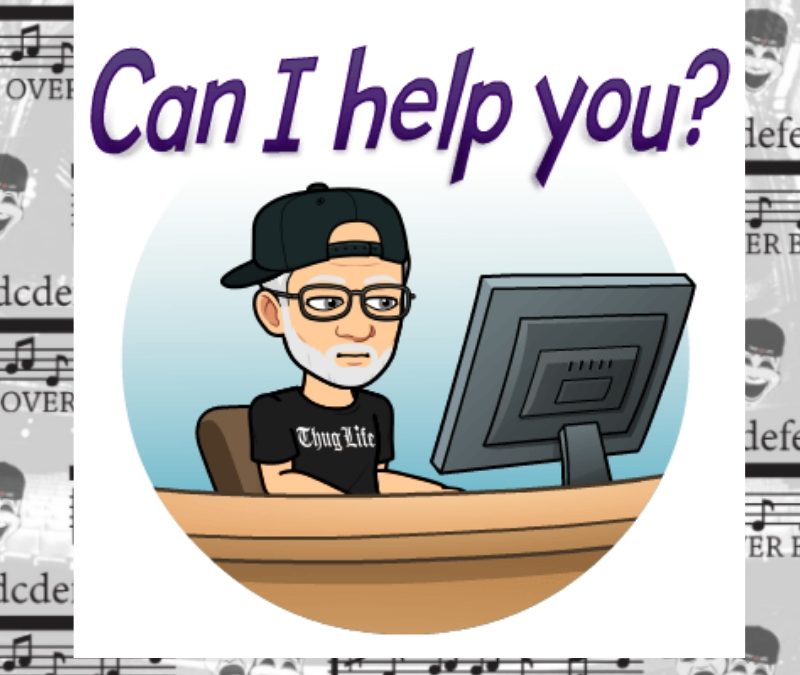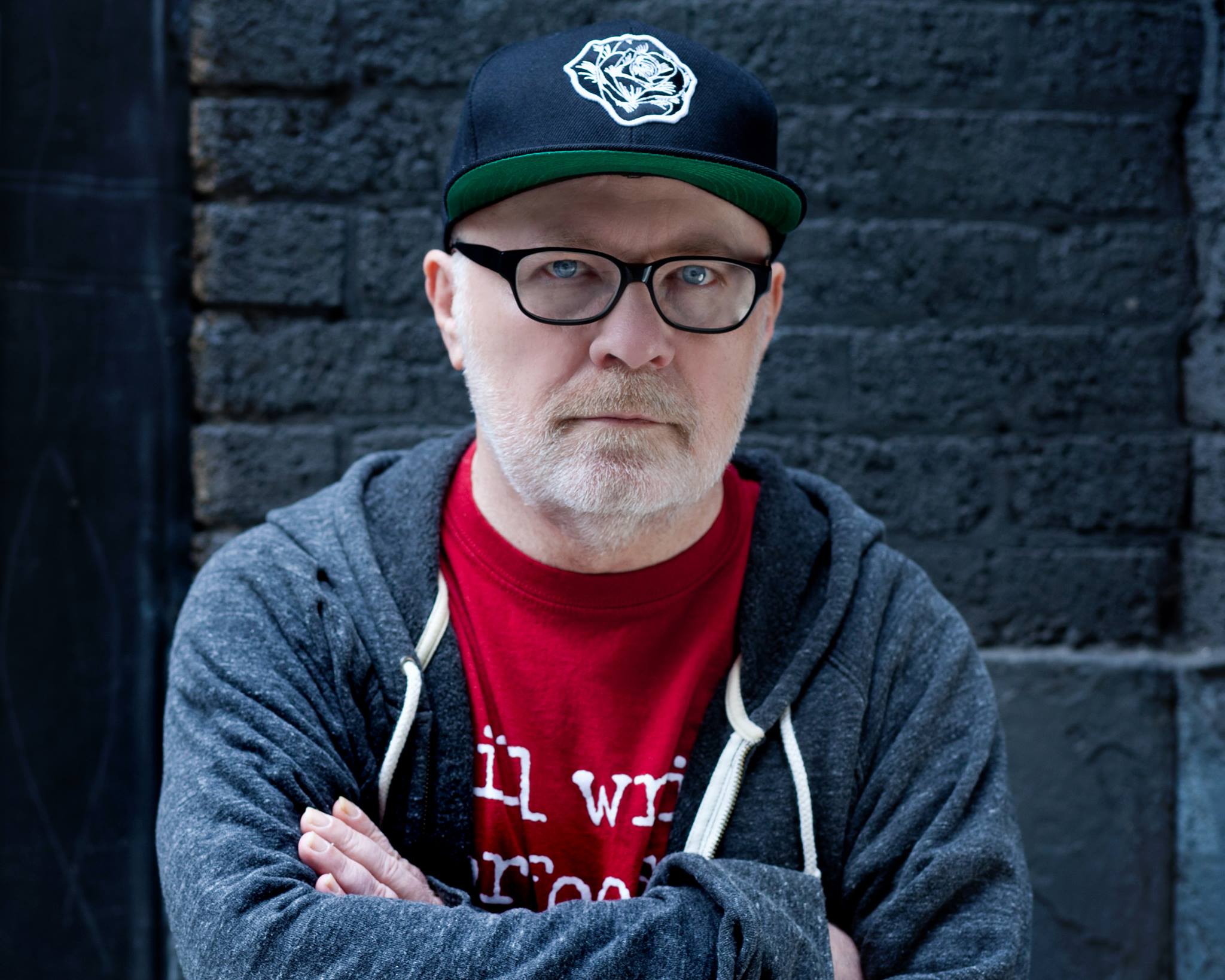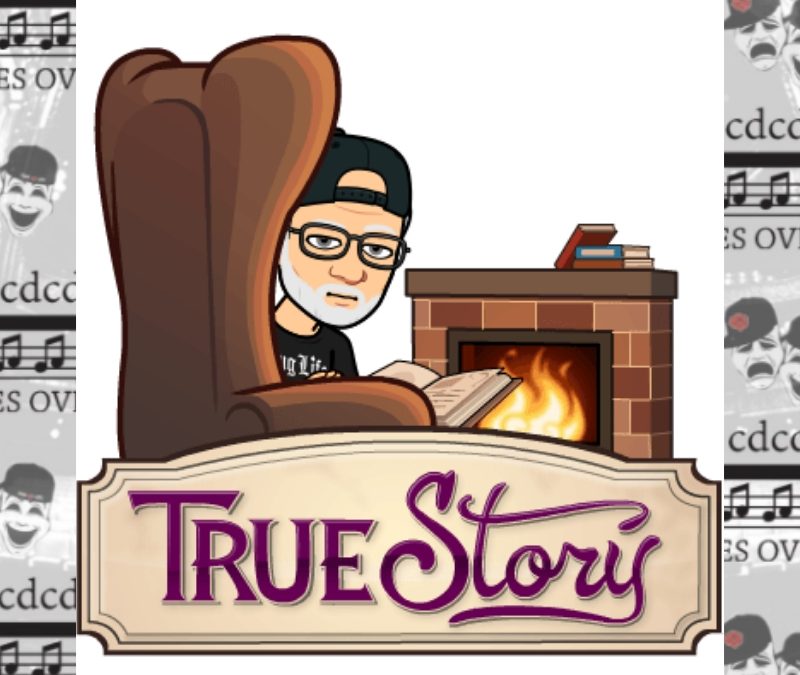
Lessons on Producing Part 4
(This is the fourth of a five part series called “Lessons of Producing.” You can read the previous Lessons 1, Lesson 2 and Lesson 3 on our blog.)
Costs of Producing a Show
In addition to actor salaries, there are five elements that should be taken into consideration when a producer looks at the costs of doing a show:
- Set
- Props
- Costumes
- Lighting
- Sound.
Each of these can add to the cost of doing a show in ways that a playwright usually does not consider, and each can potentially affect the decision for a producer to do a show.
Sets
When thinking about sets, a playwright needs to think about the costs involved in building, maintaining, changing, and insuring the set.
I’ve heard playwrights say, “but it’s only one set,” as if that made a difference.
As a producer I want to know if it’s a realistic set (usually more expensive to build) or an impressionistic set (usually less expensive). I wonder if there are any maintenance issues. I once produced a play that had a large white cube for a set. It needed to be repainted after every show. Big unanticipated expense.
If your play has more than one set, make the transitions easy. Easy transitions require a minimal crew , and are quick and easy to do. Thinking about a multi-level set? Don’t even ask what a multi-level set will do to your insurance premiums.
Props
Props are either functional or non-functional. They also have to be bought or constructed. I’ll never do a show again with a working firearm. Much too big of a headache.
Props can be consumable or not. Props that are consumable have to be replaced, and food has to be safely stored. A cast with food poisoning is not a happy cast.
Costumes
As far as costumes go, the fewer and the more contemporary the better.
Costumes have to be constructed or purchased, and cleaned. The best show in my opinion is one set in a sauna, with large towels as the only costume. The worst would be a period show where everything must be dry cleaned.
Lighting
Actors need to be seen clearly on the stage. Lightning that does more than that may look cool and may be a great special effect, but it may also be so costly that no one wants to produce your show.
Consider that before you become entranced in special effects.
Sound
Same thing for sound. Actors need to be heard, of course, so make sure that you have the basics.
If you just have a play (not a musical), then you don’t need live music. And if you have special sound effects that are complicated to execute, then that is usually just one more thing that will possibly go wrong. Every night.
Remember to KISS (keep it simple, stupid).
Lesson: Watch Your Production Costs
Now, none of these things individually will make a producer not do your show. However, more than a few of the above may. They all accumulate. They all add up
If you’ve been reading this series and are paying attention, by now you may have a play a producer has read and liked and wants to produce.
Oh, things can still go wrong. For instance, you need an agreement with the producer to allow him to produce your show. By insisting on an unreasonable deal financially, a production may not happen.
That is the subject of next week’s blog.
